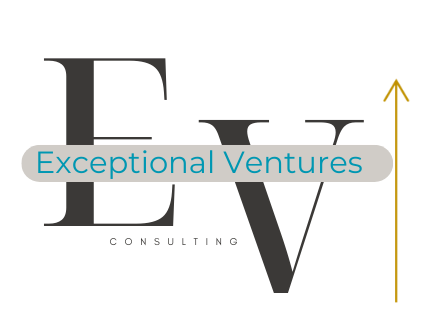In today’s dynamic and competitive business landscape, small businesses often find themselves striving to keep up with their larger corporate counterparts. While resource limitations may seem like a hindrance, there are numerous cost-effective strategies that companies can employ to optimize their operations, cut unnecessary expenses, and achieve remarkable efficiency gains. In this article, I will delve into practical and actionable strategies that you can implement to not only level the playing field but also excel in your industry while competing effectively with larger rivals.
- Streamlining Processes and Workflows: Efficiency begins with well-defined and streamlined processes. Take a close look at your organization’s workflows and identify bottlenecks or redundancies. Implement lean principles to eliminate waste and optimize the flow of work. Consider leveraging project management software to track tasks, monitor progress, and ensure efficient collaboration among team members.
- Embracing Technology Smartly: Technology has leveled the playing field for small businesses. Invest in the right technology tools that align with your business needs. Cloud-based solutions, for instance, can provide cost-effective access to scalable computing resources, enabling you to expand or contract as necessary. Automation tools can help streamline routine tasks, reducing manual effort and the risk of errors.
- Outsourcing Non-Core Functions: While larger corporations might have in-house departments for various functions, small businesses can benefit from outsourcing non-core activities. Consider outsourcing tasks such as payroll, accounting, customer support, and even certain marketing efforts. This approach allows you to tap into specialized expertise without the overhead costs associated with full-time employees.
- Negotiating Favorable Supplier Contracts: Leverage your bargaining power by negotiating favorable contracts with suppliers. Establish long-term relationships and explore bulk purchase discounts. By strategically managing your procurement, you can reduce costs while maintaining the quality of materials or services needed for your business.
- Investing in Employee Development: Efficient businesses are driven by skilled and motivated employees. Instead of focusing solely on hiring, invest in developing the talents of your existing workforce. Training programs and skill-building initiatives can enhance productivity, boost morale, and reduce turnover, ultimately contributing to greater efficiency.
- Optimizing Marketing Efforts: Marketing is essential for business growth, but it doesn’t have to break the bank. Leverage cost-effective digital marketing channels such as social media, content marketing, and email campaigns to reach your target audience. Analyze data to refine your strategies and focus your efforts on high-impact activities.
- Flexible Work Arrangements: Offering flexible work arrangements, such as remote work or flexible hours, can lead to improved employee satisfaction and productivity. This approach can also help reduce overhead costs associated with maintaining a physical office space.
Small businesses may face resource constraints, but they also possess the agility to adapt quickly and implement innovative strategies. By streamlining processes, embracing technology, outsourcing non-core functions, negotiating smartly, investing in employee development, optimizing marketing efforts, offering flexible work arrangements, and implementing sustainable practices, you can maximize efficiency and compete effectively with larger corporate rivals. Remember, efficiency isn’t about doing more with less; it’s about doing more of what truly matters. Embrace these strategies, and watch your company thrive in today’s competitive business landscape.

